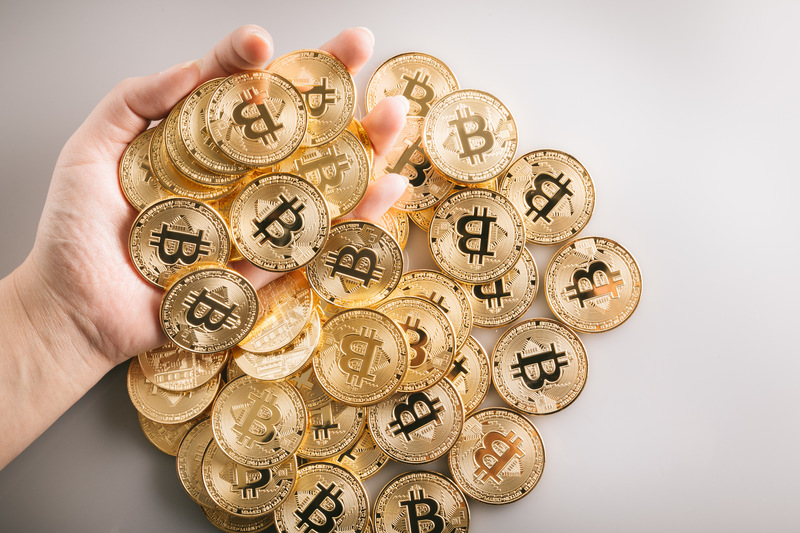Bitcoin as a hedge against inflation
While gold has its limitations, real estate has its maintenance and stock trading has its complexities, investors can look to cryptocurrency as an emerging way to invest in an alternative asset to hedge against inflation.
There are two factors that make Bitcoin an effective hedge against inflation. These are the scarcity of tokens available and the decentralized nature of the blockchain based digital currency.
There is a limited supply available
Fiat currency suffers from overprinting which leads to inflation. This is because the creation of new money creates an excess supply, which drives the value down. When the money supply increases faster than the output of goods and services, inflation rises.
With Bitcoin, there is a capped supply of tokens that will ever be able to be created (or mined). This limited supply is capped at 21 million coins that will ever be in circulation once all mined. Right now, there are just under 19 million Bitcoin (BTC) that have been minted. To mitigate a rapid rise in Bitcoin being created, the Bitcoin halving takes place approximately every 4 years. This event halves the amount of Bitcoin produced per block mined – slowing down the production of the token, keeping the price as steady as it can be.
No controlling authority to make big decisions
Bitcoin is decentralized and there is not one person or authority that controls the network. Rather, there are thousands of nodes (computers) that work across the world to maintain the blockchain and verifying transactions. Because there is not one authority, the network – and the asset – is at no risk of being attacked or hijacked and there is no concern of manipulation or corruption which might shift the currency’s value.
This decentralized nature makes the asset resilient against theft and double-spending. It means that investors – both retailers and institutions – can rely on Bitcoin as an asset that will stand both the test of supply and threats.
Is Bitcoin a worthwhile asset to hedge against fiat?
According to research conducted, investors who have bought Bitcoin to hedge against inflation have benefited from the digital market much more than gold, real estate, and stocks. This is because of the massive return on investment that the cryptocurrency has offered over the years that it has been in existence – boasting much more impressive margins than storing value in other alternative assets.
The dangers in investing in Bitcoin and risks associated are that Bitcoin is immutable and transactions cannot be traced or undone. This means that if you make a mistake in sending Bitcoin or if your Bitcoin is hacked or you forget your password, there is not recovering the tokens once they are lost. Furthermore, regulatory factors might be a concern depending on the region. There are countries where cryptocurrencies are banned and trading or owning Bitcoin is prohibited.
